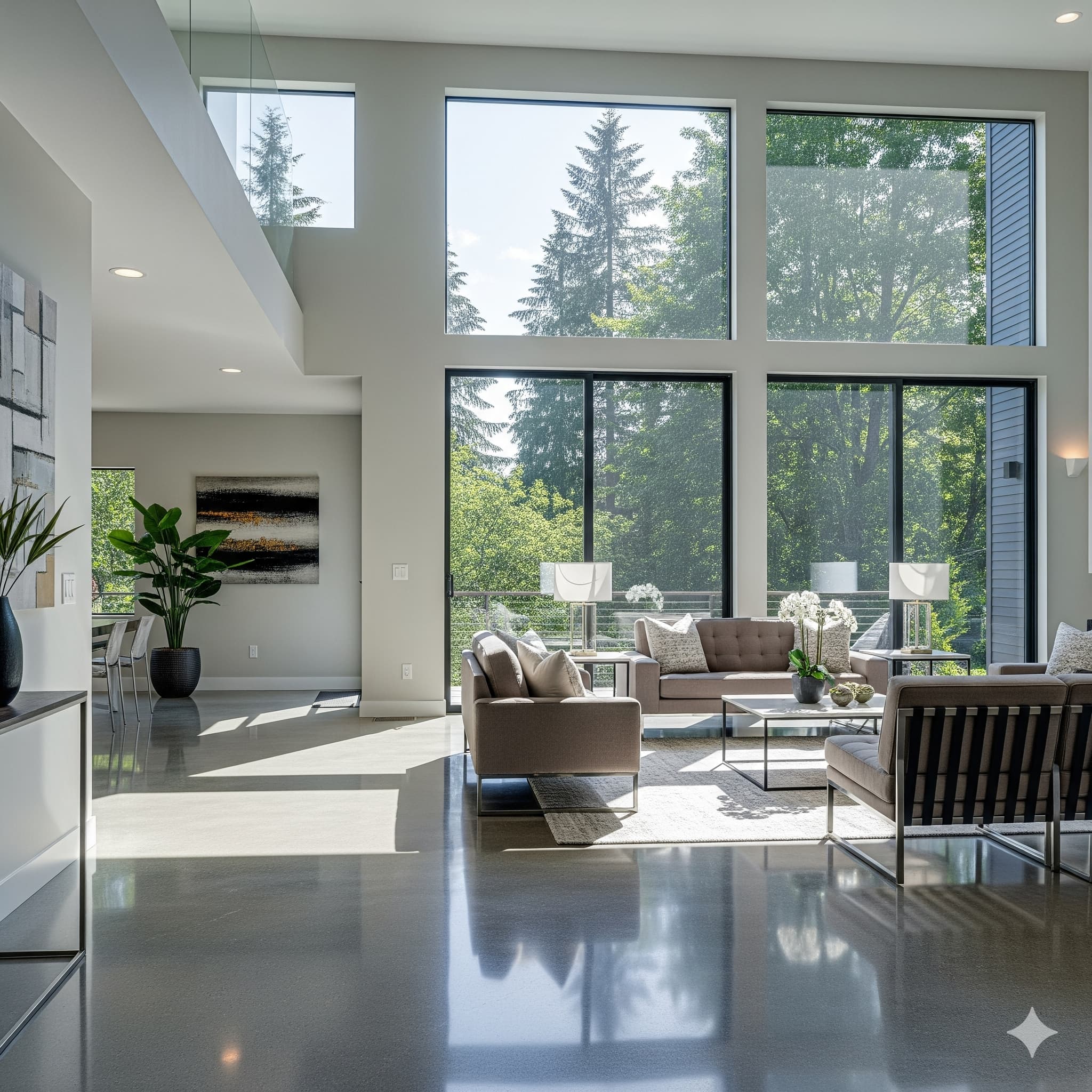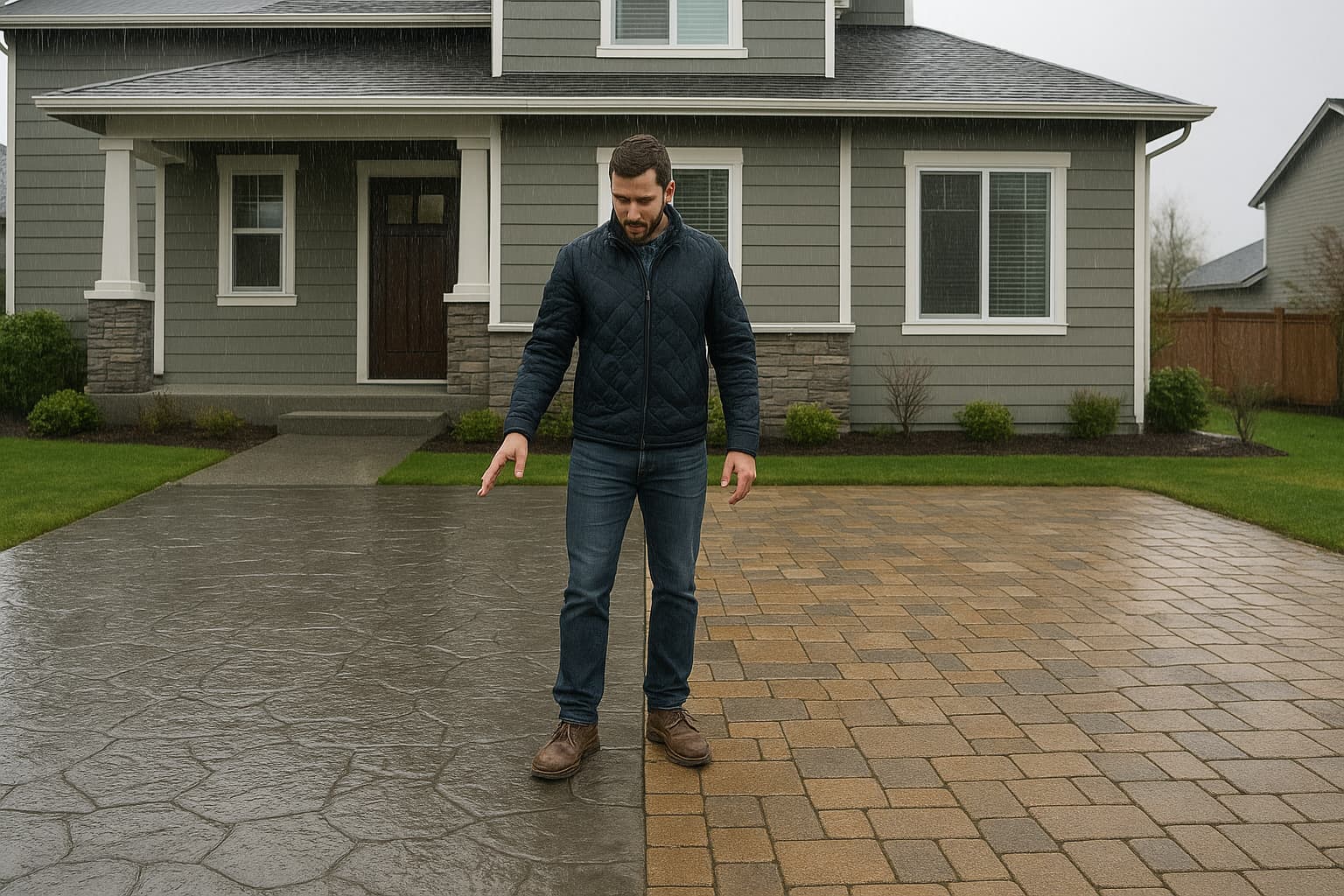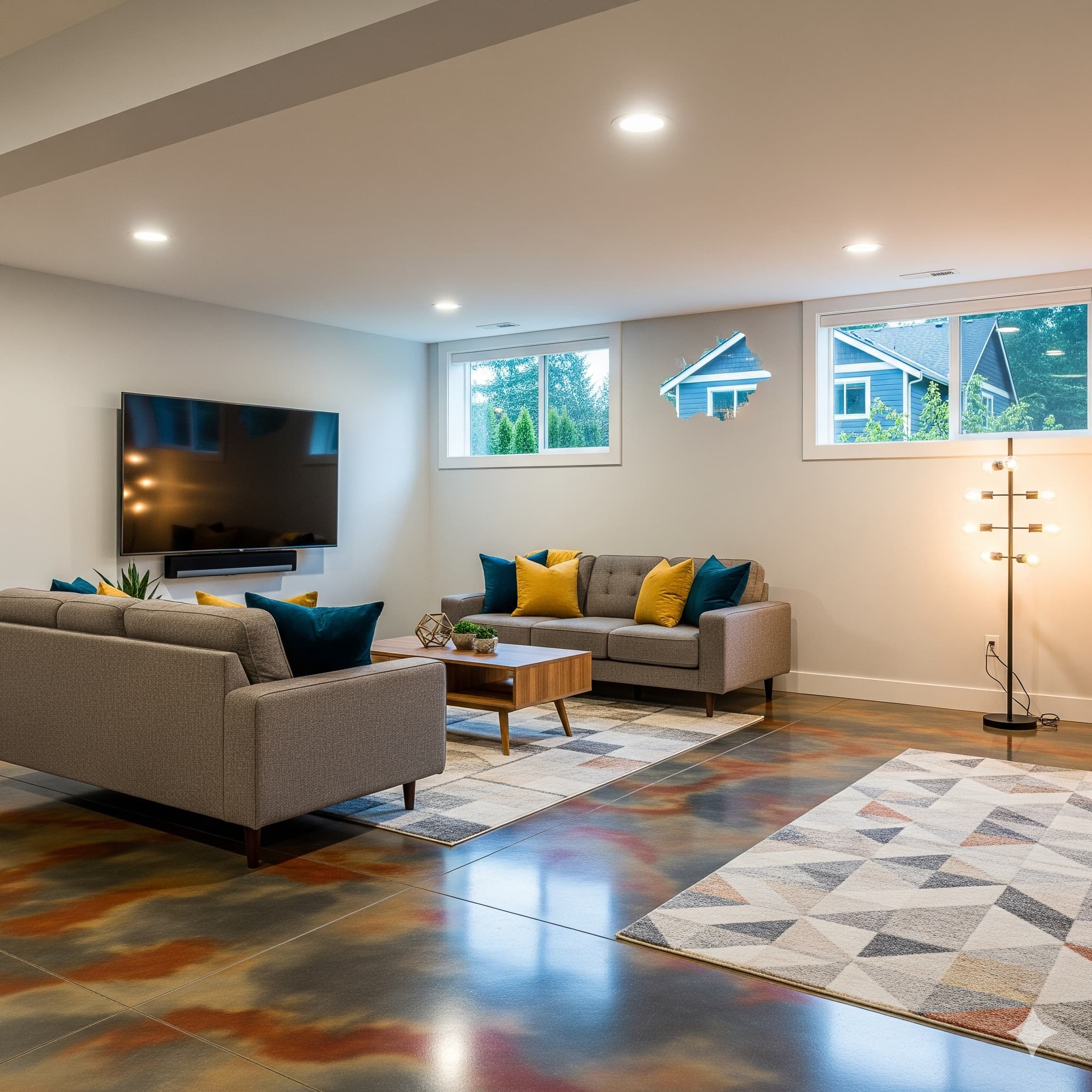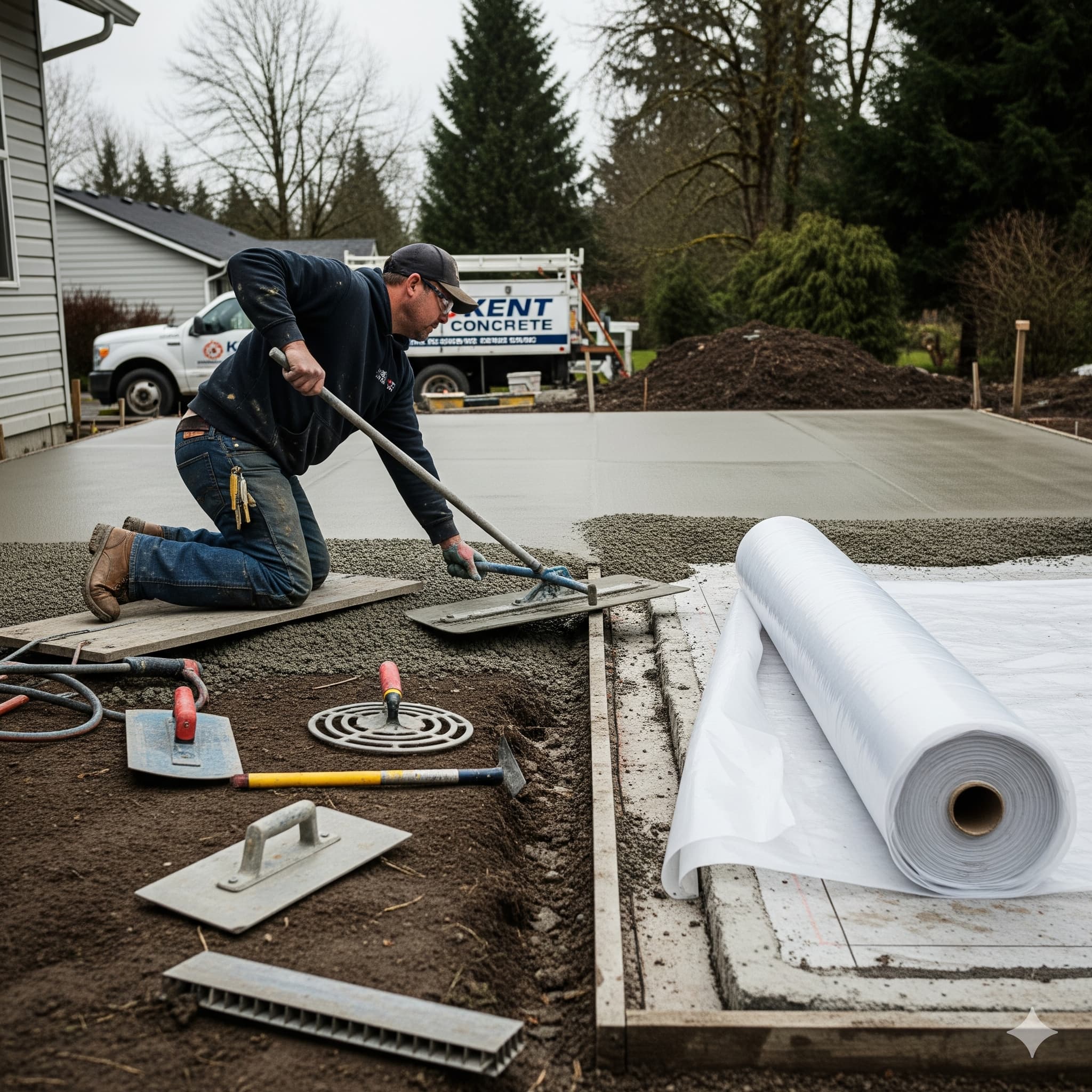
DIY vs. Pro: Tackling Concrete Resurfacing on Your Own in Kent
Concrete Resurfacing Kent
DIY approaches to concrete resurfacing can offer Kent homeowners a way to save money compared to hiring a contractor; however, homeowners will need to weigh the savings against what is lost in terms of professional expertise and warranty provided by contractors.
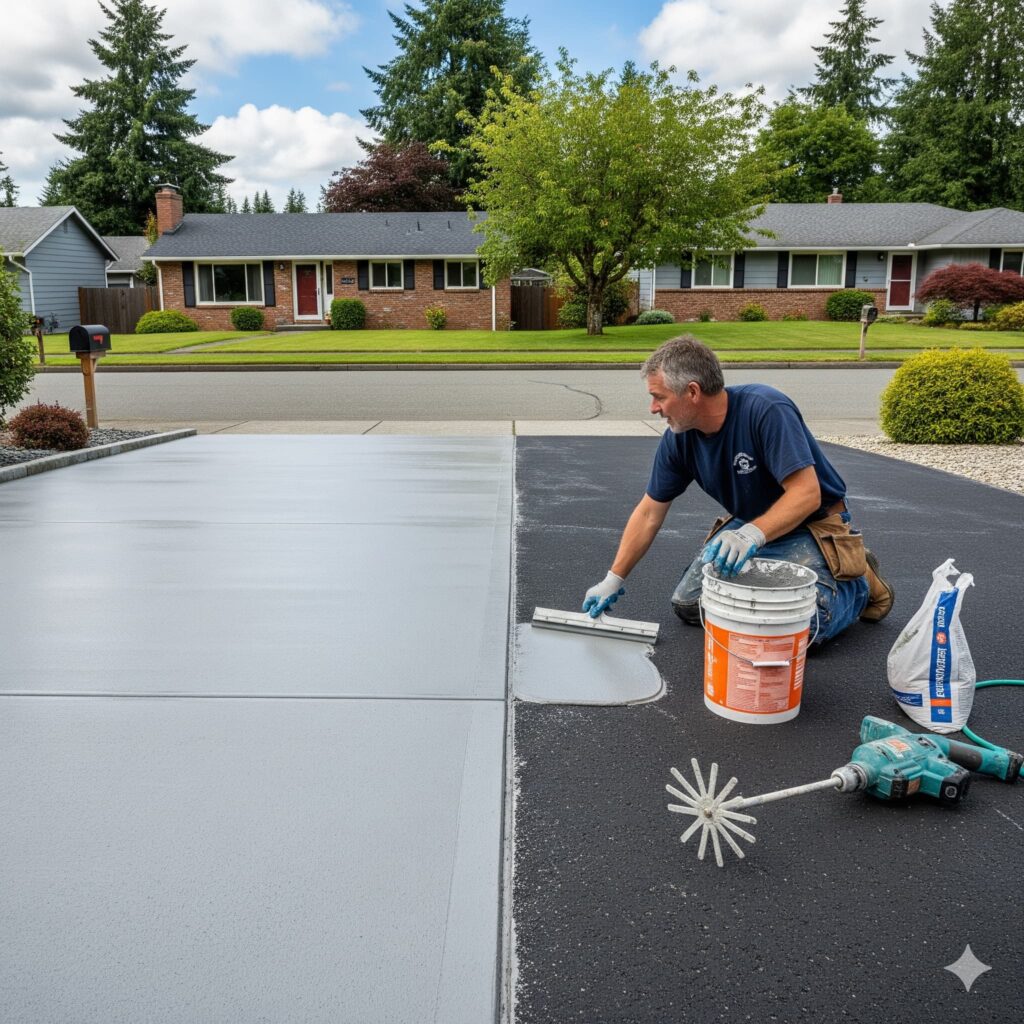
Understanding the Basics of Concrete Resurfacing
Concrete resurfacing is a procedure where a special coating is applied to existing concrete to help improve its function as well as aesthetic appeal. Concrete resurfacing will correct surface imperfections, minor cracks, scaling, and discoloration to extend the useful life of the concrete by an average of 10 to 15 years.
Resurfacing works best with structurally sound concrete that has cosmetic issues. Kent’s climate creates unique challenges, such as moisture-based staining, moss, and surface scaling from freeze-thaw cycles, thus creating a suitable environment for resurfacing to be effective.
There are modern resurfacing materials available that range from simple repair compounds to decorative overlays mimicking stone, brick, or other premium surfaces. Knowing what options exist will help you decide if a DIY application will meet your needs and skill level.
Ultimately, success with resurfacing relies heavily on preparing the surface properly, selecting the right product, and applying it correctly. Kent’s high frequency of moisture requires specific products and application processes that will hold up in a wet climate.
Advantages of DIY Resurfacing
Savings on cost represent the number one reason why most people undertake DIY concrete resurfacing projects. Materials generally run $2 to $4 per square foot for a DIY project, whereas professional installation costs between $8 to $15 per square foot in Kent.
Flexibility in scheduling and timing for a DIY project offers homeowners the ability to schedule their work around their personal schedule, as opposed to the contractor’s availability. This is particularly beneficial during Kent’s limited dry weather windows, when there is usually an increased demand for professional service.
A desire to learn new skills and gain hands-on experience is common among homeowners who are interested in doing home improvement projects. Concrete resurfacing provides an opportunity for homeowners to develop the skills necessary to complete future maintenance and repairs.
Homeowners have complete control over the type of material used and the method of application to ensure that their project meets their specific preferences and quality standards. Homeowners also have the option to spend additional time on problem areas without additional labor costs.
Challenges and Limitations of DIY Resurfacing
Preparation of the surface for resurfacing requires a great deal of physical effort and specialized equipment. Cleaning, etching, and repairing existing concrete requires pressure washing, chemical treatments, and crack repair, all of which can be physically demanding and technically difficult.
Weather conditions become a major factor in Kent’s unpredictable climate. Weather conditions must be specifically controlled for the resurfacing material to cure properly. Therefore, determining when to resurface is a challenge for homeowners without the benefit of professional weather monitoring and flexibility.
Mixing and handling materials requires a great deal of precision to achieve the desired results. Improperly mixing the material, applying the wrong amount of material, or improperly applying the material at the wrong time will likely lead to inadequate adhesion, premature failure, or a non-uniform finish.
Many homeowners lack the specialized equipment and tools needed to produce professional-quality results. Professional-grade mixers, applicators, and protective equipment are expensive and may be beyond the means of many homeowners, and would further diminish any perceived cost savings.
Benefits of Hiring a Professional
Hiring a professional will ensure that the correct material and correct application techniques are used to achieve the desired results in Kent’s climate. Professionals know how local soil conditions, drainage systems, and weather patterns impact long-term performance.
Warranties offered by professionals protect against premature failure or defective applications. Kent Concrete Masters offers a warranty on our work for a number of years, offering you confidence in the quality of our work and a guarantee that you won’t find in a DIY project.
Professionals can work efficiently and quickly, minimizing the disruptions to your daily routine and taking full advantage of Kent’s favorable dry weather windows. A professional crew is capable of completing most residential resurfacing projects in one to two days.
Access to commercial-grade materials and equipment enables professionals to create superior, longer-lasting, and more visually appealing finishes.
Cost Comparison for Kent Projects
The cost of materials for DIY resurfacing varies depending on the size and scope of the project. Basic resurfacing compounds typically cost around $50 to $75 per 40-pound bag, which covers around 40 square feet at the recommended thickness.
Renting the necessary equipment can add anywhere from $100 to $300 to the cost of a DIY project.
The cost of hiring a professional to install resurfacing materials includes all materials, labor, and equipment in the price quote. The average cost of a professional installation in the Kent area is $8 to $12 per square foot for basic resurfacing and $12 to $18 per square foot for decorative overlays.
Kent Climate Considerations
Moisture in the Pacific Northwest requires the use of resurfacing products designed for high-humidity environments. Many DIY resurfacing products do not perform well in Kent’s humid climate.
Proper temperature control is important during the application and curing period of the resurfacing material.
Kent’s dry season occurs from late July to early September, providing the best conditions for resurfacing.
Assessment Guidelines
Evaluate your previous experiences working with concrete prior to embarking on a DIY resurfacing project.
Determine the physical demands and time commitment required for your project.
When to Hire a Contractor
Structural damage or damage to the substrate of the concrete requires a professional evaluation before resurfacing.
If you plan on resurfacing an area greater than 500 square feet, hiring a professional contractor is recommended.
Choosing Between DIY and Professional Services
The decision to hire a contractor or perform resurfacing yourself will depend on your long-term objectives and quality standards.
Why Choose Kent Concrete Masters
We have the knowledge and experience of working in Kent’s unique climate and soil conditions.
After completion of your project, ongoing support and warranty coverage will protect your investment.
